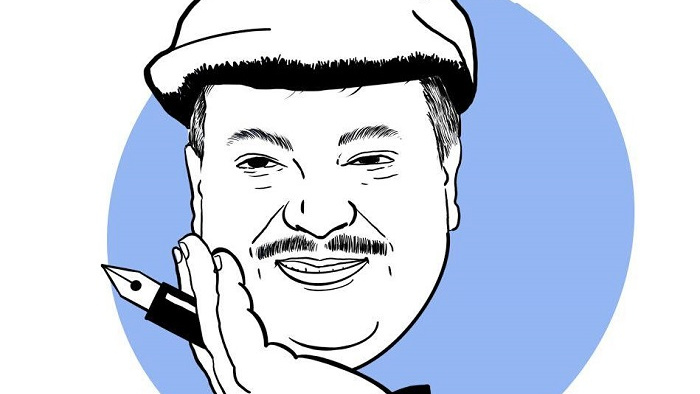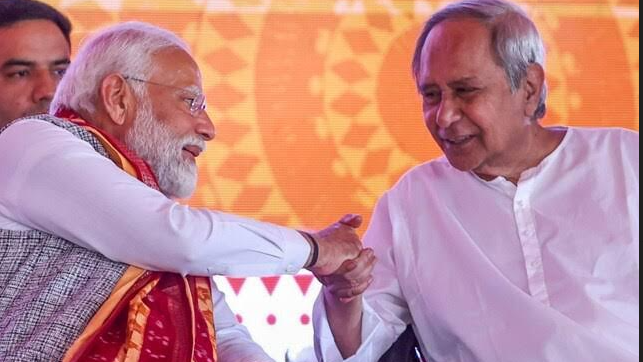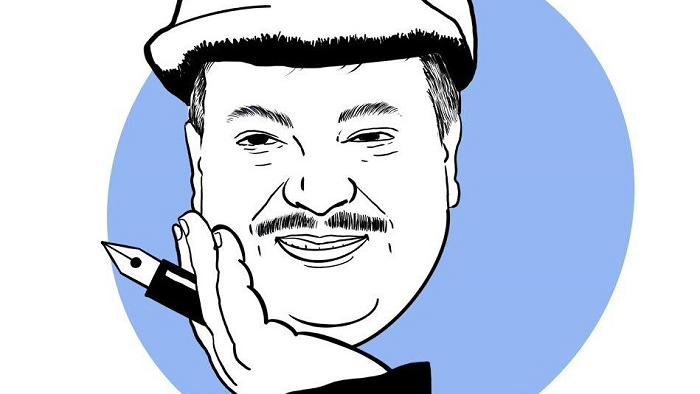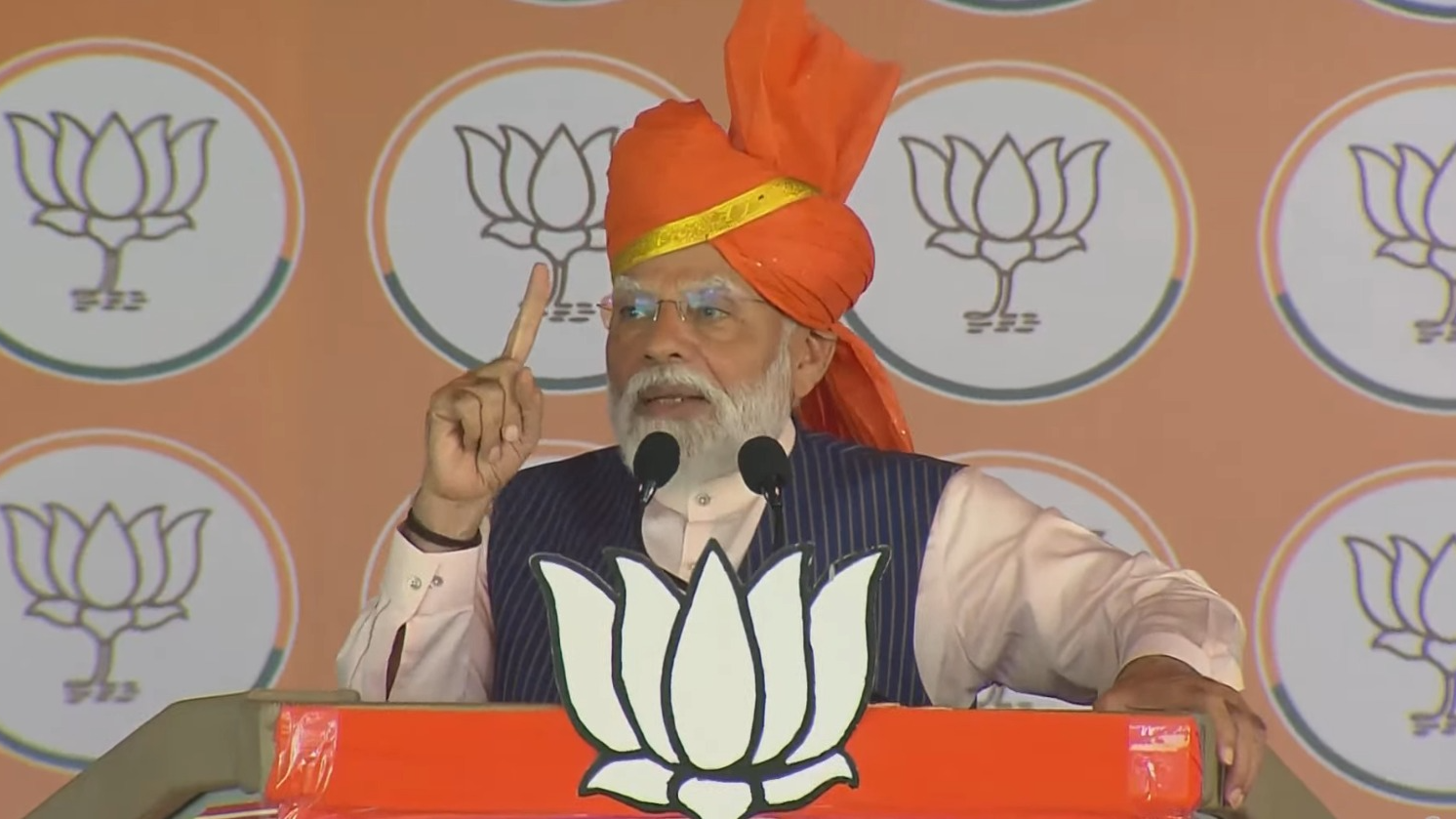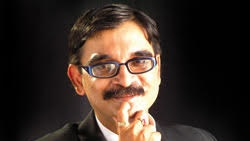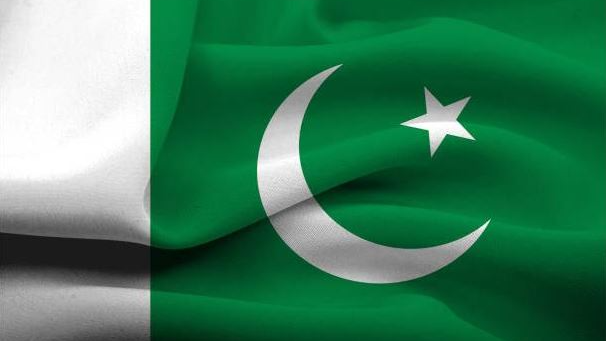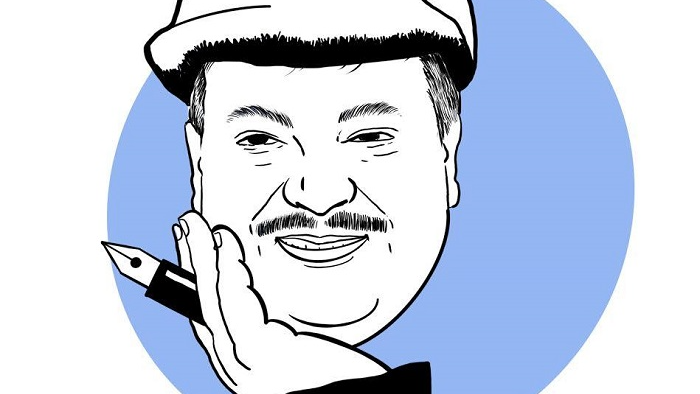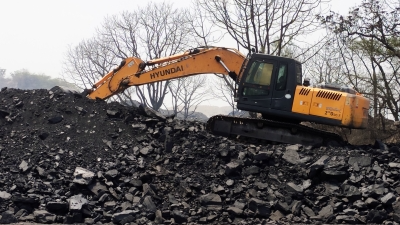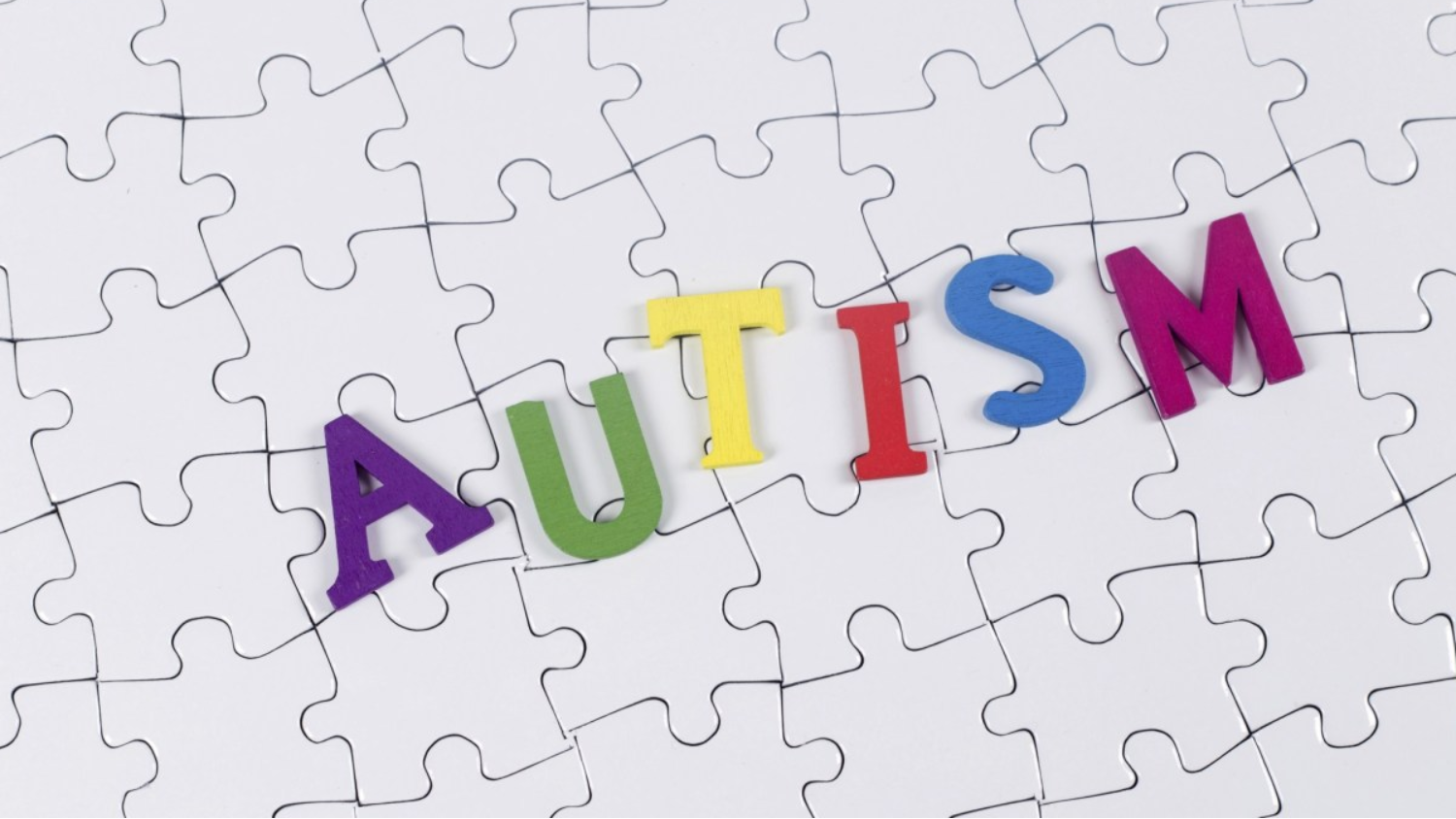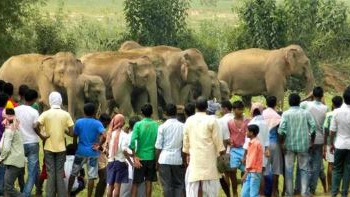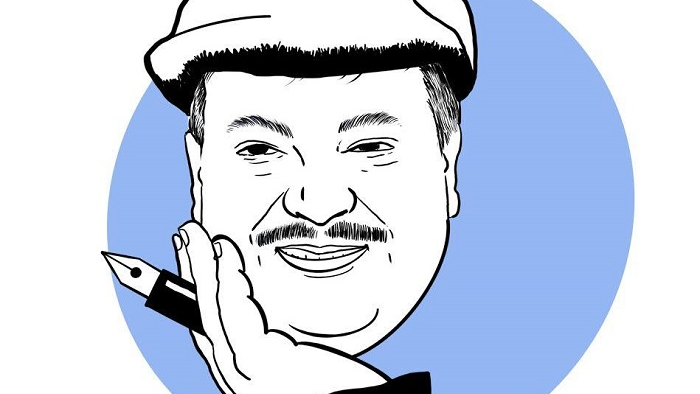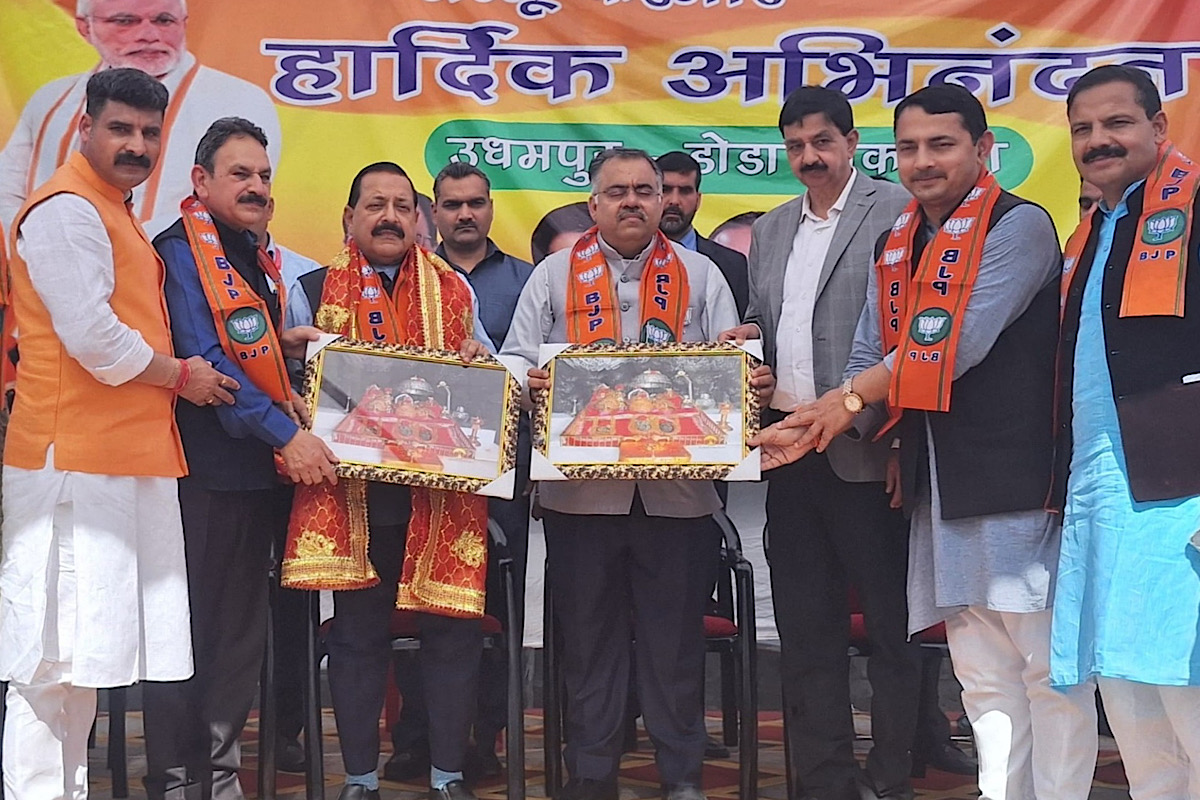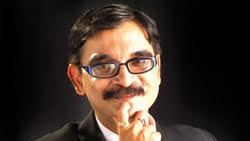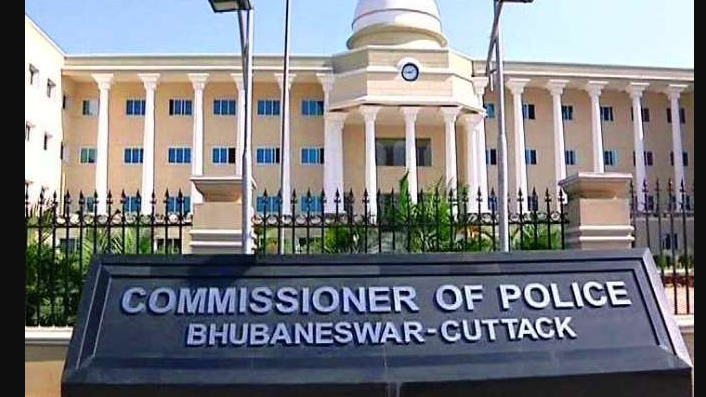Indian Economy after Shutdowns
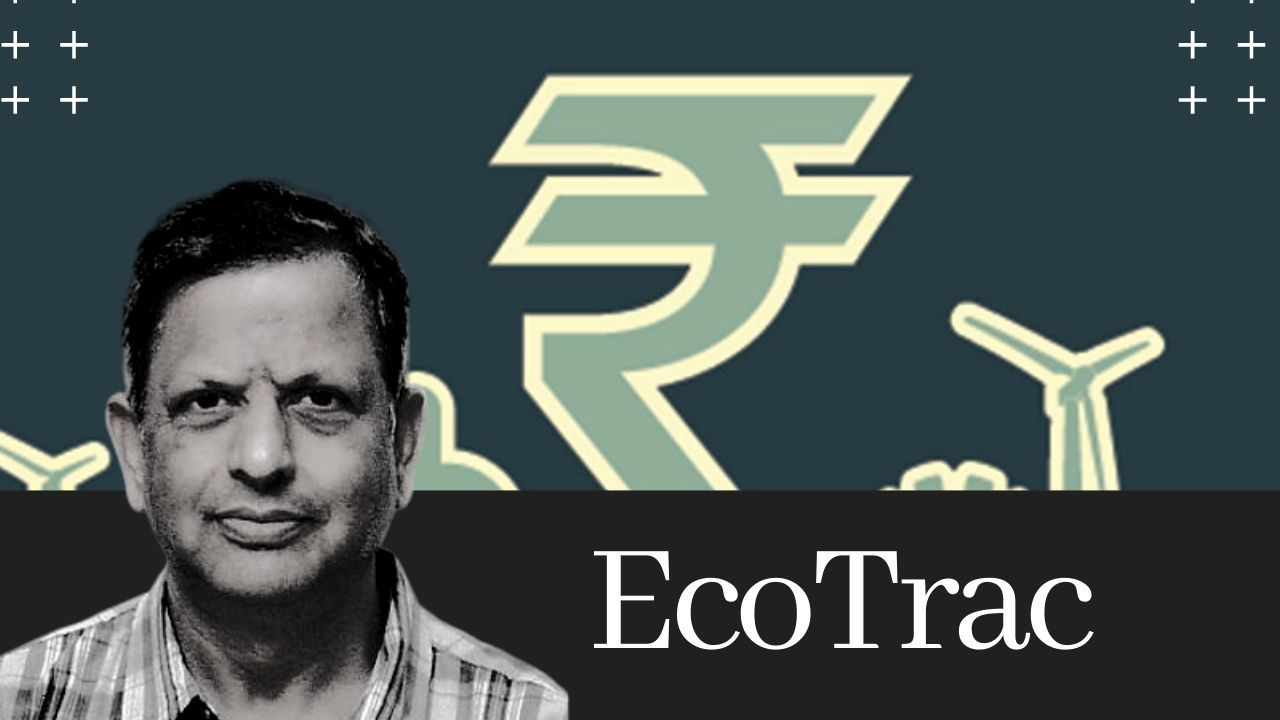
Dr. Manas R Das The economic impact of the shutdowns that ensued after the coronavirus outbreak has been disastrous, globally and for India. Earlier, the April 2020 IMF World Economic Outlook predicted the Indian economy to grow by 1.9% in 2020 as against 4.2% in 2019. However, more recent forecast by the World Bank’s Global Economic Prospects report (June 2020) reveals the Indian economy to contract sharply by 3.2% in 2020. The OECD’s June 2020 Economic Outlook projection at -3.7% is further pessimistic. The global and domestic rating agencies have unequivocally maintained similar stance. Thus, like several frontline economies, the Indian economy is on the brink of a major slowdown, if not a deep recession. The Chart below illustrates the growth prospects of the BRICS economies as per the above-mentioned World Bank report. {"align":"center","id":49528,"width":590,"height":407,"sizeSlug":"large"} Catastrophic disruptions mark all the economic sectors - agriculture & allied, industry and services (including financial services) – which will reverberate through short- to medium-term.The Indian government, however, has swung into action not only to arrest the virus contagion but also to protect the economy’s lustre, even at the risk of higher deficits. Support packages by the government, which stand at 10% of GDP, encompass a broad spectrum: healthcare, wage supportboth inkind and cash, tax payments deferral, and easy availability of loans and liquidity to the MSMEs and banks. Despite these, private consumption demand has plummeted sharply. The key to reinvigorate the economy lies in how soon the agriculture, industry, especially the MSMEs, and the services sector get back the plethora of skilled and semi-skilled labourers they have lost. As per the World Bank estimates, almost 80% of the Indians are self-employed. Therefore, this workforce has to ‘earn’ to generate the much-needed ‘demand’ to restart the economy. However, there might be some limitations. The cash-strapped individuals may have borrowed privately, which they will repay first. Demand from the middle class, especially those who depend majorly on interest income, will be gravely affected as their interest income has nosedived. If, at all, they have to maintain their demand level, they have to reduce their savings at the peril of future financial security. According to an April 2020 McKinsey survey, 66% of Indians believe that Covid-19 will impact their personal/household finance for 2-6 months and another 15% for 7 months or more. All these will be reflected in the asset quality of banks – both retail and wholesale. Deterioration in asset quality, coupled with likely low credit off-take due to risk aversion by banks, will push up the non-performing assets, ultimately exacerbating the vulnerability of banks. The battle has to be fought on both the real sector and financial sector fronts. Therefore, coordination between the fiscal and monetary authorities will be crucial. The route of external financial support is always available; however, it should be the last resort. Last but not least, there is a silver lining, i.e., India’s potential to exploit the void that may emerge if some countries restrict their Chinese imports and investments. About the Author:Dr. Manas R. Das is a former senior economist of State Bank of India. He has over 30 years of experience as an economist in two large commercial banks. Academically, he is a gold medallist in Bachelor of Arts with Economics Honours from Utkal University, followed by Master’s in Economics from Delhi School of Economics and Doctorate in Economics from Gokhale Institute of Politics and Economics. He is also a Certified Associate of Indian Institute of Bankers. He has won several awards, besides being a prolific writer.
Latest News
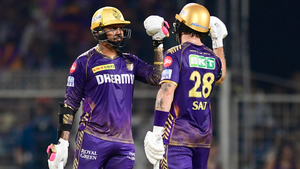
Phil Salt, Sunil Narine heroics help KKR post...
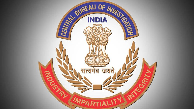
Police revolver among large cache of arms seiz...

Olympic Qualification C'ship: Maheshwari keeps...
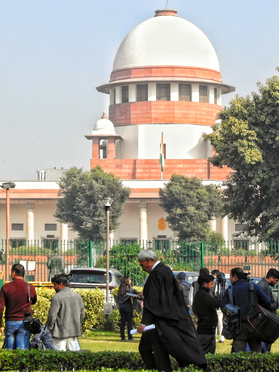
Repeated and persistent doubts on EVMs can hav...

Participation of women in workforce is a const...
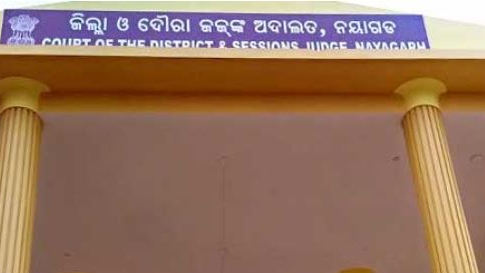
Man awarded death penalty on charges of double...
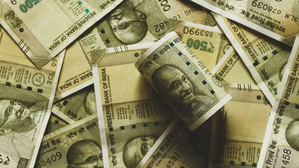
Rs 3.7 lakh seized in Kalahandi LS constituenc...
Copyright © 2024 - Summa Real Media Private Limited. All Rights Reserved.









